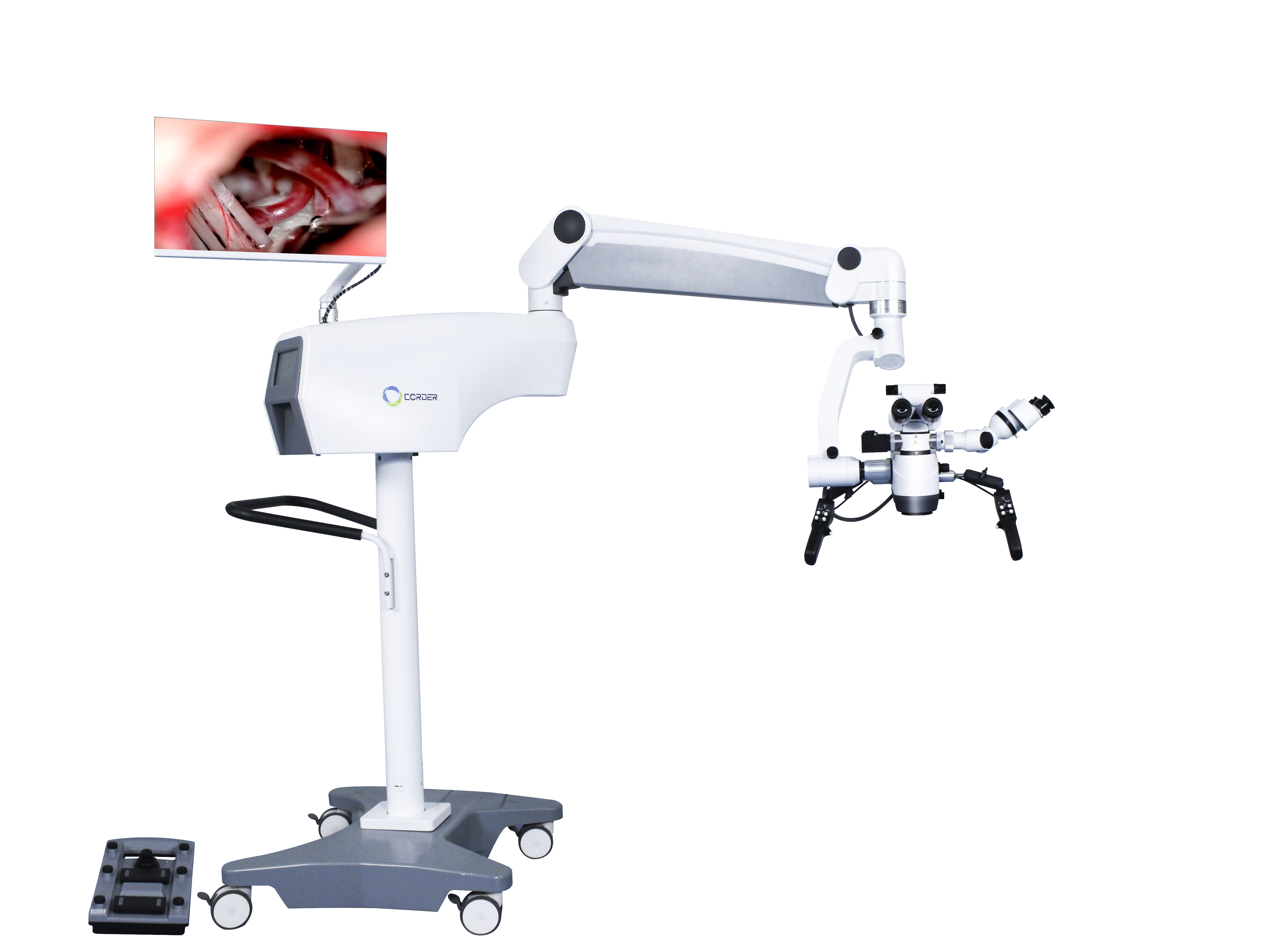The Evolution and Importance of the Neurosurgical Microscop
Neurosurgery is a highly specialized field that requires precision, skill and the best equipment. The neurosurgical operating microscope is one of the most important tools in the neurosurgeon’s arsenal. These advanced devices have revolutionized the way brain surgery is performed, providing unparalleled magnification and illumination, allowing surgeons to operate with incredible accuracy. This article takes an in-depth look at various aspects of the neurosurgical microscope, including its types, suppliers, prices, and the technological advances that have made it indispensable in modern neurosurgery.
1. The role of neurosurgical microscope in brain surgery
Neurosurgery microscopes, also known as neurosurgical microscopes, are designed for brain and spine surgery. These microscopes provide high-resolution images, allowing surgeons to see minute details of the brain’s anatomy. A neurosurgery microscope setup typically includes a binocular head, objective lenses, and a light source, all of which work together to provide a clear and magnified surgical view. The use of brain surgical microscopes allows for more precise, less invasive procedures, significantly improving the outcomes of complex neurosurgery.
2. Types and Suppliers of Neurosurgical Microscopes
There are several types of neurosurgery microscopes available, each designed to meet specific surgical needs. For example, microscopes used in vascular neurosurgery are specifically tailored to provide enhanced visualization of blood vessels, which is critical for surgeries involving aneurysms or arteriovenous malformations. Leading neuromicroscope suppliers such as Zeiss and Leica offer a range of models that meet different surgical requirements. The best neurosurgery microscope is often determined by factors such as magnification, ease of use, and quality of the optical system. Neurosurgery microscope suppliers play a vital role in ensuring hospitals and clinics have access to the latest, most effective equipment.
3. The economics of neurosurgical microscopy
Neurosurgery microscope prices can vary greatly depending on the model and features. High-end models, such as CORDER neurosurgical microscopes, can be quite expensive, reflecting their advanced technology and superior performance. However, there are more affordable options, including used neuromicroscopes, which can be a cost-effective solution for smaller clinics or hospitals on a budget. Neuromicroscopes for sale listings often include new and refurbished equipment, giving buyers a range of options. It is critical for healthcare organizations to balance cost with quality to ensure they invest in equipment that delivers the best outcomes for patients.
4. Technological advancements in neurosurgical microscopes
Significant technological advances have been made in the field of neurosurgery, particularly in the development of digital microscopic neurosurgery systems. These digital systems offer enhanced imaging capabilities, including 3D visualization and augmented reality, that can further improve surgical precision. Neurosurgery operating room microscopes are now often integrated with advanced imaging technologies, such as intraoperative MRI and CT scans, providing real-time feedback and enabling more accurate navigation during surgery. The continued development of these technologies emphasizes the importance of keeping up with the latest innovations in neurosurgical equipment.
5.Neurosurgical microscope maintenance and service
Maintaining the functionality and performance of your neurosurgery microscope is critical to ensuring a successful surgical outcome. Regular neuromicroscope service is necessary to keep these complex devices in optimal condition. This includes routine cleaning, calibration and repairs as needed. Many suppliers offer comprehensive service packages that cover preventive maintenance and emergency repairs to help minimize downtime and extend the life of your equipment. For any medical facility that relies on neurosurgery microscopes to perform procedures, investing in reliable service and maintenance is critical.
In conclusion, the neurosurgical microscope is an indispensable tool in modern brain surgery, providing the precision and clarity required for complex procedures. From understanding the different types and vendors to considering cost and technological advancements, it’s clear that these microscopes play a critical role in the success of neurosurgery. As technology continues to advance, the capabilities of neurosurgical microscopes will only continue to improve, further enhancing the field of neurosurgery and patient outcomes.

Post time: Sep-23-2024







